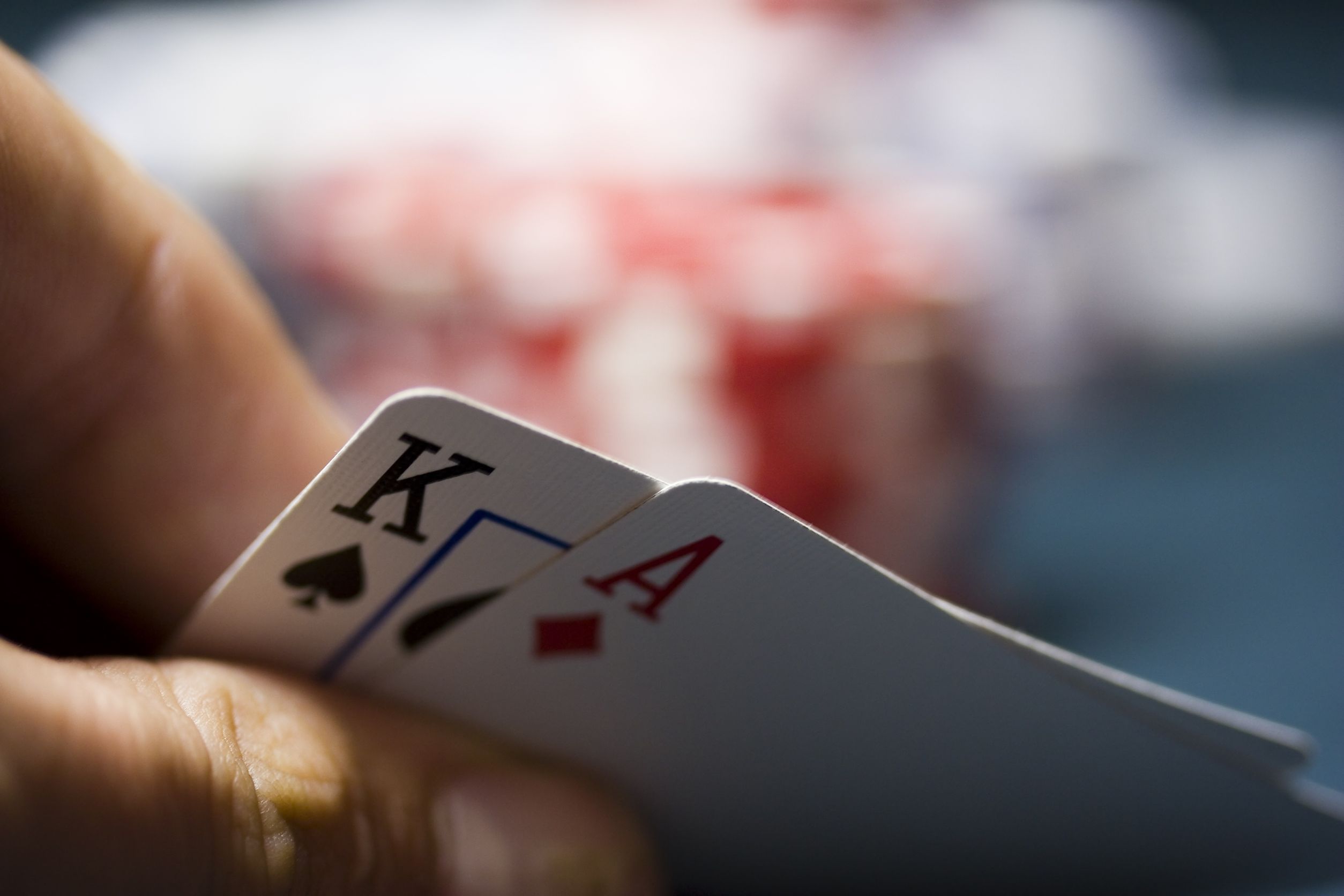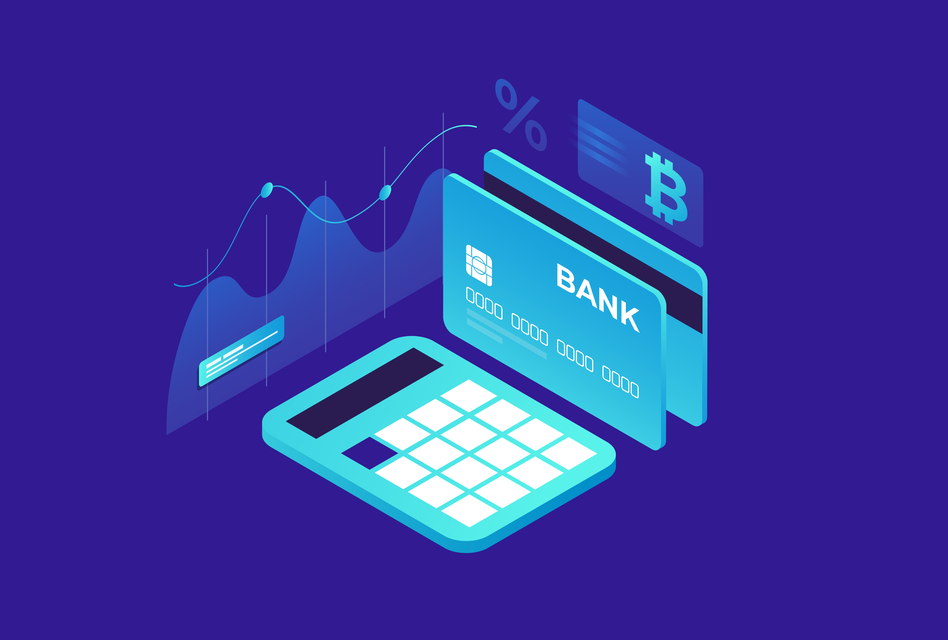Like splitting sevens in blackjack when the dealer has a six showing or doubling on a 10 against a dealer five. The only bet they print right on the blackjack layout, that the dealer always asks if you want, is insurance. Nobody hypes insurance to do you a favor. It's high-profit for the house. Except under certain circumstances. What Is Insurance Mean In Blackjack, ruidoso casino resort, roulette records mafia, poker offline para galaxy y.
Whether you're playing live online blackjack or going down to your local casino, you'll need to know the basics first. Get used to using every tool at your disposal if you truly want to win in blackjack. Today, we'll be taking a look at one such tool – the bet insurance. This is a rather controversial topic for most blackjack fans – a lot of veterans consider it a trap for beginners. However, used wisely, it's not without its advantages.
Still, let's start at the very beginning by going through the rudiments.
What Is Bet Insurance in Blackjack?


Bet insurance in blackjack is a kind of side bet you make on the dealer getting a Blackjack. The only time you can make such a bet is if the dealer gets an Ace as their upcard. The idea is to prevent yourself from losing to a Blackjack, or at least to make the money back. That's why it's called insurance – you're making a safety net against a sudden loss. However, if the dealer does not end up drawing Blackjack, you'll lose the bet insurance. Generally, bet insurance costs half your original wager and pays out 2 to 1.
If it's still not clear, we'll use an example. Imagine that your initial draw adds up to 19 – a 9 and a Jack, for instance. That's a pretty strong hand, but the dealer's first card is an Ace. This gives them a solid chance of beating you with the coveted 21.
With most blackjack live tables, the dealer stands on a soft 17. As such, the biggest danger to your strong hand is a dealer Blackjack. You can put down insurance with a stake that's half your initial wager. If you do and the dealer does get Blackjack, you lose the hand but win the insurance bet. Because of the standard 2:1 payout, you would break even instead of losing money.
Of course, if the dealer does not get Blackjack, you lose the insurance bet. However, you could still go on to win the hand. That's why bet insurance is only really worth it if you get a hand that amounts to more than 17. Your profits would be smaller if you win, but at least you had the safety net.
When to Use Insurance Bets in Blackjack?
The first question most beginners ask is – is the insurance bet good? The short answer is no – in most cases, the insurance bet is not a good option to take. That is because the average odds on the dealer getting blackjack after an initial ace are 9/4, or around 30%. That means that the insurance bet odds would have to be closer to 3:1 to be worth it. The discrepancy is quite large, which makes insurance bets fairly low value.
That's why we recommend most beginners stay away from insurance bets. Of course, advanced players may find some exceptions to the rule. You may find yourself in a game where the shoe has considerably more high-value cards than is usual. The more such cards there are left, the bigger the dealer's chances of getting Blackjack are.
What Does Taking Insurance Mean In Blackjack
Experienced card counters may find themselves in such a situation and be aware of it. In such specific cases, bet insurance can become a useful part of your blackjack strategy. However, most live online blackjack tables play with shoes of 6 or 8 decks. The number of high-value versus low-value cards would have to be seriously skewed to make bet insurance worth the wager. You can find more information in our basic guide to blackjack card counting.


Bet insurance in blackjack is a kind of side bet you make on the dealer getting a Blackjack. The only time you can make such a bet is if the dealer gets an Ace as their upcard. The idea is to prevent yourself from losing to a Blackjack, or at least to make the money back. That's why it's called insurance – you're making a safety net against a sudden loss. However, if the dealer does not end up drawing Blackjack, you'll lose the bet insurance. Generally, bet insurance costs half your original wager and pays out 2 to 1.
If it's still not clear, we'll use an example. Imagine that your initial draw adds up to 19 – a 9 and a Jack, for instance. That's a pretty strong hand, but the dealer's first card is an Ace. This gives them a solid chance of beating you with the coveted 21.
With most blackjack live tables, the dealer stands on a soft 17. As such, the biggest danger to your strong hand is a dealer Blackjack. You can put down insurance with a stake that's half your initial wager. If you do and the dealer does get Blackjack, you lose the hand but win the insurance bet. Because of the standard 2:1 payout, you would break even instead of losing money.
Of course, if the dealer does not get Blackjack, you lose the insurance bet. However, you could still go on to win the hand. That's why bet insurance is only really worth it if you get a hand that amounts to more than 17. Your profits would be smaller if you win, but at least you had the safety net.
When to Use Insurance Bets in Blackjack?
The first question most beginners ask is – is the insurance bet good? The short answer is no – in most cases, the insurance bet is not a good option to take. That is because the average odds on the dealer getting blackjack after an initial ace are 9/4, or around 30%. That means that the insurance bet odds would have to be closer to 3:1 to be worth it. The discrepancy is quite large, which makes insurance bets fairly low value.
That's why we recommend most beginners stay away from insurance bets. Of course, advanced players may find some exceptions to the rule. You may find yourself in a game where the shoe has considerably more high-value cards than is usual. The more such cards there are left, the bigger the dealer's chances of getting Blackjack are.
What Does Taking Insurance Mean In Blackjack
Experienced card counters may find themselves in such a situation and be aware of it. In such specific cases, bet insurance can become a useful part of your blackjack strategy. However, most live online blackjack tables play with shoes of 6 or 8 decks. The number of high-value versus low-value cards would have to be seriously skewed to make bet insurance worth the wager. You can find more information in our basic guide to blackjack card counting.
We hope this blackjack insurance bet strategy guide was useful. Good luck!
A question I get asked quite frequently by casino players is whether they should take insurance in blackjack. It seems to be something that confuses a lot of people, even among those that fullyunderstand basic strategy and the role that math has to play in blackjack.
Should You Take Insurance Blackjack
When I'm asked this question I usually just give a simple answer (no), but I sometimes feel inclined to expand on this and explain why. I recently did this with a player who asked the question,and for one reason or another he just couldn't seem to accept what I was saying. He was absolutely convinced that the insurance bet is always the right way to go.
What Does Insurance Mean In Blackjack
My initial reaction was to wonder why he asked me the question in the first place, as he was so sure he knew the correct answer himself. My second reaction was to think that I should write a blogpost about taking insurance in blackjack. So here it is! I'll explain exactly what the insurance bet is for any of you who are not familiar with it, and then use some basic math to explain whyit's a bad bet.
